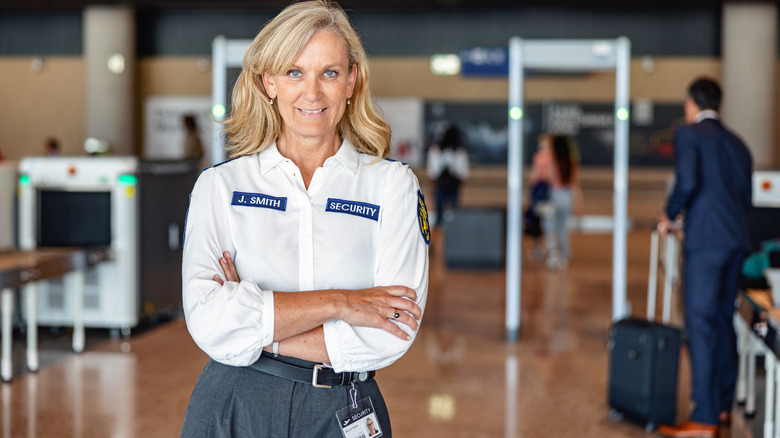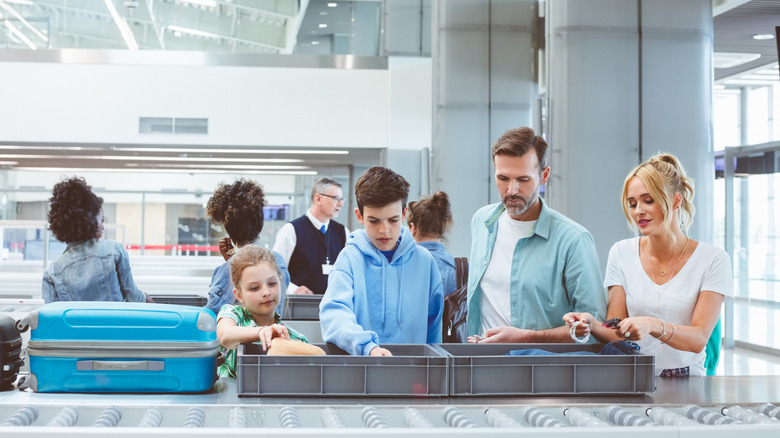It’s safe to say that most frequent travelers are familiar with TSA’s rules, right? Make sure you empty your pockets, keep all of your liquids and gels in containers no larger than 3.4 ounces and neatly packed in a single, clear bag, have your ID and boarding pass out for inspection, place all of your electronic items in one of the plastic bins … and you’ll have a seamless experience that’ll help you get through airport security faster than you can say “PreCheck!”
Because let’s face it: there’s nothing worse than having to unpack and repack your bags while standing in line — shoes off, belt halfway undone, officers yelling for you to step into the scanner — especially if you’re already in a rush to get to your gate.
However, there’s one common item that most travelers don’t think twice about that could interfere with your passage through the TSA security checkpoint: your medication. Although it’s perfectly fine to pack your medication inside both your carry-on luggage and checked bag, there are certain things you also need to keep in mind — like keeping a prescription handy and declaring your liquids — in order to avoid getting flagged by TSA officers.
Let the TSA officer know what you’re bringing

One of the most important things you need to do if you’re traveling with medicine is to let the TSA officer know what you have on you — this includes pills, liquids, and any add-ons that you might need to take your medicine, like syringes, pumps, or IV bags. That way, you’ll be able to speed up the process and avoid any unnecessary delays in your trip. Keep in mind, however, that these accessories — along with any liquid or gel medicine — will need to go through their own screening process before you’re allowed to carry them with you. If for some reason you don’t want your liquid medication to be inspected via X-ray or opened during the screening process, let the TSA agent know and they’ll do their best to respect your wishes.
Another great way to ensure that you’re not held up is by making sure that all of your medicine is clearly labeled — ideally, you’ll want to keep it in its original bottle, especially if prescription. You might also keep your doctor’s note handy in case the officer requests any additional documentation to verify that the medicine is yours.
Plan ahead and do your research

Along with letting the TSA agent know what you’re carrying, it’s also important to plan ahead and familiarize yourself with relevant regulations even before you make your way to the airport. This means doing your research about the legality of your medicine abroad, looking into the specifics of your medication (like how well it does and doesn’t travel, or what you need to ensure it doesn’t spoil), and even getting your prescription or doctor’s note translated into the official language of your destination in order to avoid any unnecessary complications once you land.
For example, while most countries allow up to 30 days’ worth of medicine — with the accompanying prescription — destinations like Japan require that you apply for a special permit (called Yunyu Kakunin-sho) before your trip if you’re planning to bring any controlled substances or medical accessories. Similarly, if you’re traveling to the Schengen area, you’ll also need an official certificate if you’re going to be carrying any psychotropic medicines, such as antidepressants, antipsychotics, mood stabilizers, or stimulants.
When the time comes to travel back to the U.S. after your international travels, make sure you’re not carrying more than 90 days’ worth of medicine, and that you also don’t have any non-FDA-approved drugs from a foreign country on you.

